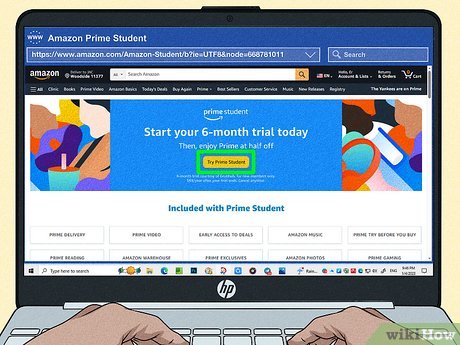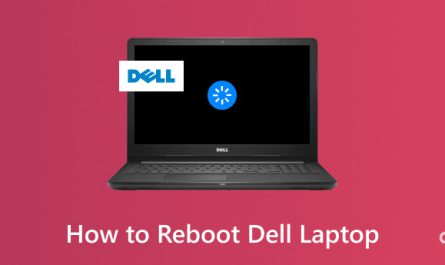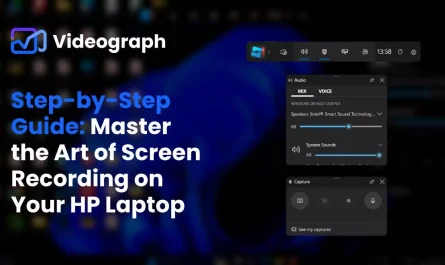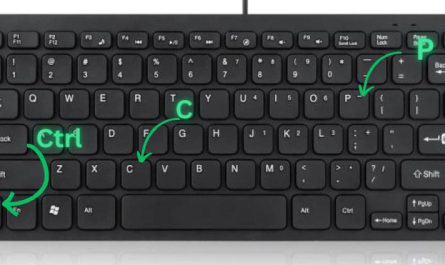In today’s world, having a laptop is more than just a convenience—it’s essential. Whether you’re a student attending classes online, a job seeker submitting applications, or simply trying to stay connected, not having a computer can hold you back. But what if you can’t afford one? The good news is that there are trustworthy programs that provide free laptops to eligible individuals.
So, how do you find these programs, make sure you qualify, and get your hands on a free laptop? This guide will walk you through the process step-by-step, helping you avoid scams and understand exactly what to do.
Who Is Eligible to Apply for a Free Laptop?
Not everyone qualifies for free laptop programs, as each has its own requirements. Here are some of the most common groups these programs serve:
- Low-income families or individuals: Many programs target people whose income falls below certain limits, often those receiving government assistance such as SNAP (food stamps), Medicaid, or TANF.
- Students: Numerous schools, colleges, and nonprofit organizations provide laptops to students who can demonstrate financial need. Some public schools also loan devices during the academic year.
- Job seekers or unemployed individuals: Certain programs aim to support people looking for work by providing them with technology.
- Seniors and people with disabilities: Some nonprofits focus on closing the digital divide for older adults and those with disabilities.
- Veterans: Specific organizations assist veterans in accessing technology to support their transition and daily life.
For example, college students receiving Pell Grants may qualify for laptop assistance through federal or local programs designed to support educational access. Always check the eligibility criteria of each program before applying to save time and effort.
Source: U.S. Department of Education – Federal Student Aid
What Organizations or Programs Offer Free Laptops?
Finding genuine free laptop programs can be challenging because of the many scams online. Here are some reputable organizations and programs that provide free or low-cost laptops:
| Program/Organization | Who They Help | How to Apply | Notes |
|---|---|---|---|
| Computers with Causes | Low-income families, disabled individuals, veterans | Online application | Offers refurbished laptops |
| EveryoneOn | Low-income families | Check local Internet providers | Provides affordable laptops & internet |
| PCs for People | Income-qualified individuals | Online application + proof of eligibility | Ships devices nationwide |
| National Cristina Foundation | Students, nonprofits | Apply through local affiliates | Focuses on educational uses |
| Local School Districts | Students | Contact school | Many loan or give laptops during school year |
| Laptops 4 Learning | Students in select states | Online form | State-specific program |
| Goodwill | Job seekers | Contact local Goodwill | Some locations offer computers |
Keep in mind that program availability varies by location and changes over time. Always visit the official websites or call their offices to confirm current offerings.
Source: Computers with Causes
Source: PCs for People
Source: EveryoneOn
What Documents or Information Are Required for the Application?
The paperwork can be the most confusing part of the process. Having the right documents ready will make your application smoother. Typically, you’ll need:
- Proof of income or financial status:
- Recent pay stubs
- Benefit award letters (for SNAP, TANF, Medicaid, etc.)
-
Tax returns
-
Proof of identity:
- Driver’s license or state ID
-
Birth certificate
-
Proof of residency:
- Utility bills (electricity, water, internet)
-
Lease agreement or mortgage statement
-
Proof of enrollment or status (for students):
- School ID
- Enrollment letter or class schedule
Before applying, carefully review the specific document requirements for the program you’re interested in. Missing or incorrect paperwork can delay or prevent approval.
How to Avoid Scams When Applying for a Free Laptop
Unfortunately, scammers often take advantage of people looking for free laptops. Here are some tips to protect yourself:
- Never pay upfront fees. Legitimate programs don’t require payment for the device.
- Verify the organization’s legitimacy. Check for reviews, official websites, and contact information.
- Avoid sharing sensitive information unnecessarily. Only provide what the application requires.
- Use official program websites or trusted referrals. Avoid clicking on suspicious links from emails or social media.
For more tips on avoiding tech scams, visit the Federal Trade Commission’s website.
Final Thoughts
Applying for a free laptop is definitely possible if you qualify—and having a laptop can open many doors for education, employment, and staying connected. Remember to research programs carefully, prepare your documents, and apply through trusted sources. With patience and persistence, you can secure the technology you need




